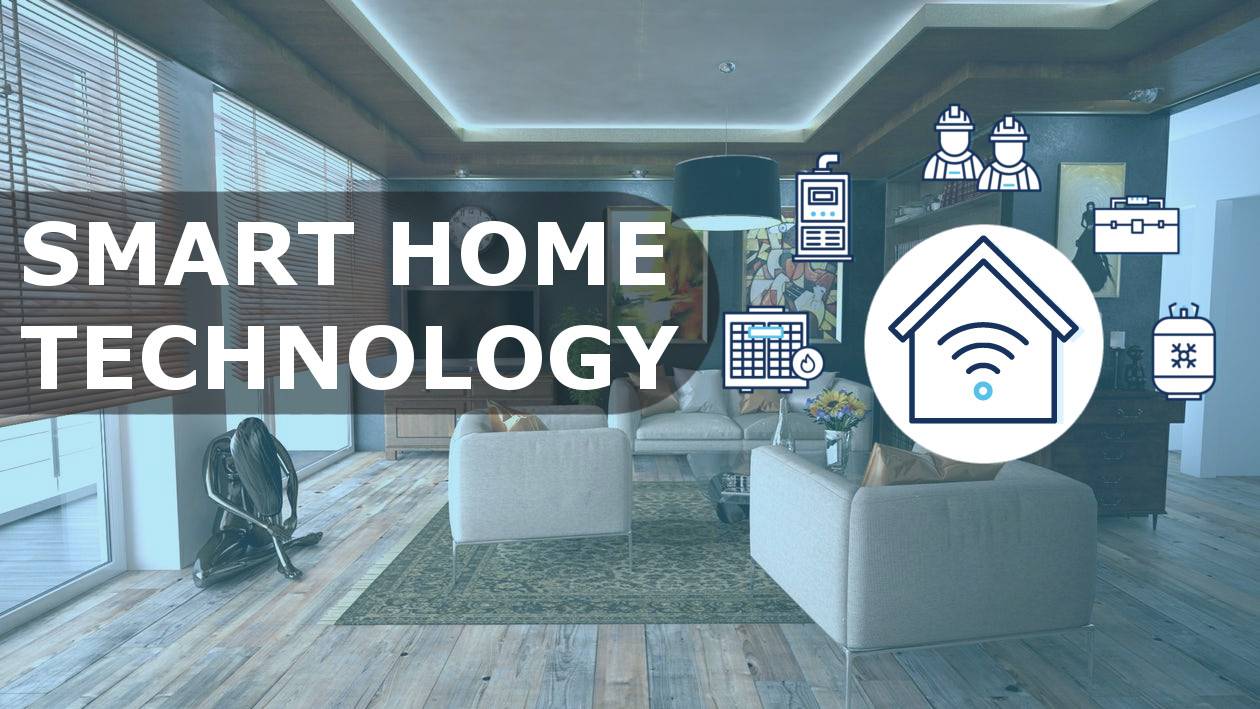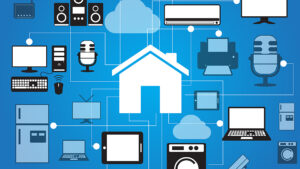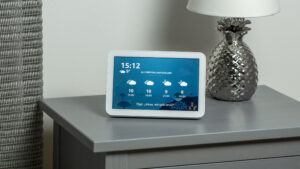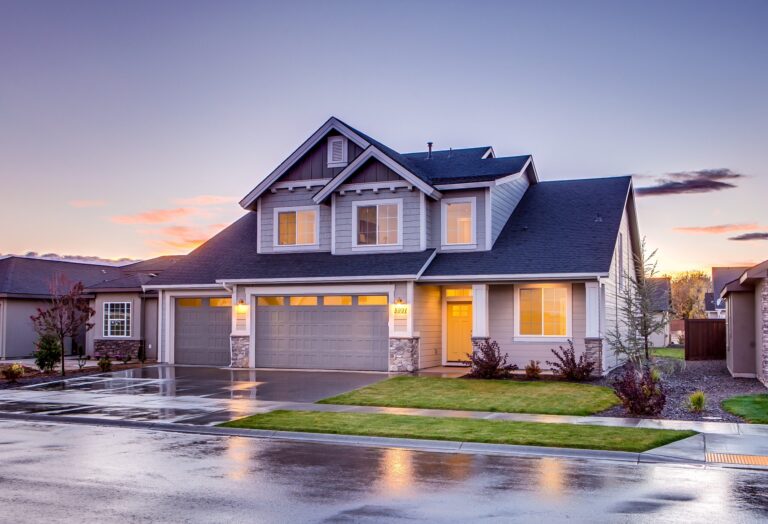How Smart Home Technology is Revolutionizing Modern Living
The evolution of our houses may be the most outstanding development in a time when technology affects almost every aspect of our life. Previously the stuff of science fiction, Smart Home Technology is now a need of modern life and has changed how we interact with our environment. The important implications of Smart Home Technology are examined in this article, along with its distinctive features, advantages, disadvantages, and prospective future improvements.
The Essence of Smart Home Technology
Smart Home Technology , which is frequently used together with “home automation,” is the integration of modern technologies and networked equipment into residential settings. These intercommunicating, sensor-equipped devices that are connected to the internet allow homeowners to operate their houses remotely via smartphones, tablets, or voice assistants. Enhancing ease, effectiveness, security, and general quality of life is the main objective of smart homes.
Key Features of Smart Homes
1. Home Automation: One of the defining features of smart homes is their capacity for centralized control. Homeowners can seamlessly manage various systems such as lighting, heating, ventilation, air conditioning (HVAC), security, and entertainment. This streamlines daily routines and allows for tailored environments that adapt to individual preferences.
2. Connected Devices: Smart homes thrive on the interconnectedness of devices. Appliances and gadgets equipped with sensors and Wi-Fi capabilities communicate with each other to create a synchronized ecosystem. This makes it possible for situations to arise, such as when your alarm clock in the morning activates the coffee maker and changes the thermostat in addition to waking you up.
3. Voice Assistants: Smart homes now provide a higher degree of interactivity because to the introduction of virtual voice-activated assistants like Amazon Alexa, Google Assistant, and Apple Siri.
Users can issue commands verbally, ranging from controlling smart devices to asking for weather updates, thereby further integrating technology into daily life.
4. Energy Efficiency: One of the most tangible benefits of smart home technology is energy efficiency.
For instance, smart thermostats learn from your behavior and change the temperature appropriately to use less energy. Automated lighting controls make sure that lights are only turned on when necessary, which promotes cost savings and a more environmentally friendly way of living.
5. Security and Privacy:
Smart homes also enhance security and privacy. Advanced systems encompassing smart cameras, doorbell cameras, and motion sensors provide real-time monitoring and instant alerts. Homeowners can keep an eye on their property remotely, deterring potential intruders and safeguarding loved ones.
Benefits and Transformations
1. Convenience: Convenience is a hallmark of smart homes. Imagine being able to use a single voice command to manage several parts of your living environment. Playing your favorite music, changing the thermostat, and adjusting the lights all become simple activities.
2. Efficiency: Automation lies at the core of smart home efficiency. The ability to preset routines and schedules ensures that devices only operate when needed, optimizing energy consumption. This not only translates into reduced utility bills but also a more sustainable lifestyle.
3. Security: Security is paramount, and smart homes provide an enhanced sense of safety. With real-time monitoring and remote access to security systems, homeowners can address potential threats swiftly, making their homes less attractive targets for burglars.
4. Accessibility: Smart home technology improves accessibility for individuals with mobility challenges or disabilities. Voice-activated controls and remote management empower people to independently manage their environment, promoting a sense of autonomy and self-reliance.
5. Customization: The level of customization that smart homes offer is unparalleled. From creating mood lighting for a movie night to simulating a sunrise to gently wake you up, smart homes cater to individual preferences, enhancing comfort and enjoyment.
Challenges and Considerations
1. Compatibility: As the smart home market continues to expand, compatibility between devices from different manufacturers can be a challenge. This can lead to frustration for users who want to build a comprehensive and cohesive smart home ecosystem.
2. Privacy Concerns: The collection and sharing of data by smart devices raise valid concerns about user privacy and data security. Making wise decisions regarding the gadgets they incorporate into their homes and being aware of the ramifications of data sharing are vital for homeowners.
3. Complexity: For some users, especially those who are less proficient in technology, the idea of configuring and monitoring smart home devices might be scary. Simplifying installation processes and improving user interfaces could alleviate this challenge.
The Future of Smart Homes
The trajectory of smart home technology points toward even more integration, intelligence, and innovation. Predictive algorithms that anticipate user needs, increased interconnectivity between devices, and enhanced machine learning capabilities are on the horizon. Imagine a home that adjusts its environment based on your daily routines, optimizes energy usage without manual intervention, and even anticipates your preferences for lighting and temperature.
Conclusion
Smart home technology is reshaping the concept of “home.” Through seamless integration of automation, connectivity, and intelligence, smart homes are enhancing convenience, efficiency, security, and accessibility. While challenges exist, the potential for ongoing innovation promises a future where our homes seamlessly cater to our preferences, revolutionizing modern living as we know it.
(FAQs) About Smart Homes Technology
1. What exactly is a smart home?
A smart home refers to a living space where advanced technologies and interconnected devices provide centralized control, enhancing convenience, efficiency, security, and overall quality of life.
2. How do smart homes work?
Smart homes utilize sensors, internet connectivity, and automation to enable remote control and management of various household systems through devices like smartphones or voice assistants.
3. What are the benefits of Smart Home Technology ?
Smart homes offer unparalleled convenience, energy efficiency, enhanced security, accessibility, and customization, fundamentally altering the way we interact with our living spaces.
4. Are there any privacy concerns associated with smart homes?
Yes, the collection and sharing of data by smart devices raise privacy concerns. It’s important to choose reputable manufacturers, understand data sharing practices, and configure privacy settings appropriately.
5. How will Smart Home Technology evolve in the future?
The future of smart homes will likely involve predictive algorithms, enhanced interconnectivity between devices, and advancements in machine learning, resulting in homes that adapt intelligently to our needs.










